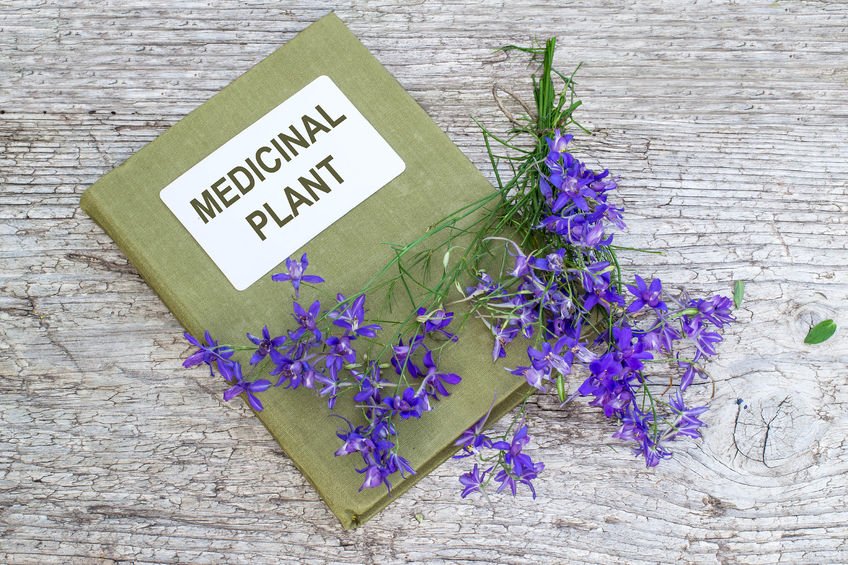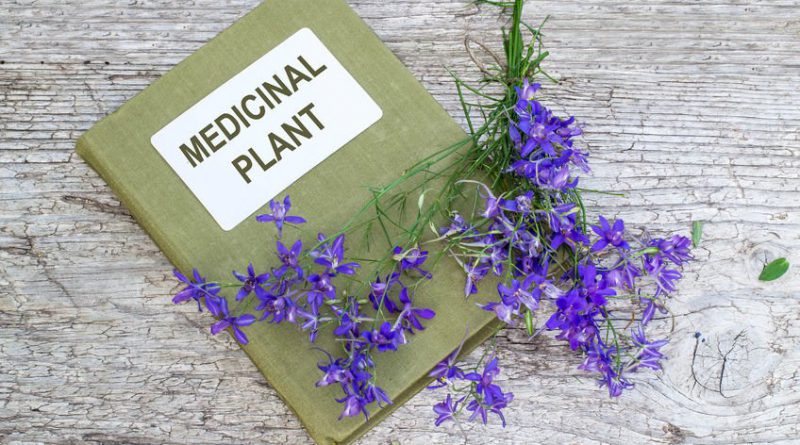Trauma and Lineage of Illness

Tolle Totum
Hahnemann writes in paragraph 78 from the Organon of Medicine that “true natural chronic disease arises from a chronic miasm.”1 A miasm is a number of reactions to abuses in life. Included in this are dietary passions, habits, and environmental factors that affect generations of families through chronic illness.
Inherited and Suppressed Anger
“The women within my family are the martyrs for that men within my family,” Teresa stated, after recounting the generations of sexual and physical abuse the ladies in her own family had suffered silently. Teresa had arrived at my office for help with her frequent panic attacks and debilitating anxiety and depression, from which she'd suffered for as long as she could remember. She had already tried anxiety and depression medications, however they caused her to feel much more apathetic and disconnected in the world around her.
On the surface, Teresa were built with a very sweet and happy disposition. She smiled constantly, she was warm, and her coworkers adored her; however, she found it difficult to stand up for herself and remained a pushover at work until numerous transgressions occurred, after which she'd explode.
Teresa was born with jaundice. In traditional Chinese medicine ideology, jaundice pertains to a perturbation of the liver, the organ considered “the seat of anger.” A poor liver spurs an angry individual, and excessive anger damages the liver further, developing a vicious cycle. In addition, when Teresa became anxious, her heart fluttered away with palpitations. In TCM, the center relates to joy. A morose, anxious person, according to ancient medical traditions as far back as Hippocrates, bears an unhealthy heart.
From a homeopathic perspective, the trauma endured by Teresa's mother and earlier generations of women in her family was now ingrained in Teresa's very being, perpetuating early and chronic illness. Teresa acquired a miasmatic reaction because of the sustained abuse of her ancestors and herself.
Elisabeth Kubler-Ross describes five common experiences of grief that may occur in any order after trauma:
Denial, or shock and disbelief, concerning the trauma
Anger, often misplaced onto anything and everybody nearby
Bargaining in an effort to negotiate, find excuses, and displace blame
Depression, a deep despair of overcoming the trauma
Acceptance occurs when a sufferer involves terms with her trauma.
These facets of grieving are multi-faceted and manifest differently in each and every individual. Teresa's inability to appropriately express her anger at work, resulting in panic and explosive anger, indicated an urgent need to process her reaction to her grief and trauma.
I chose the homeopathic remedy Delphinium staphysagria, an attractive purple flower that has been used medicinally for centuries. To a lot of people, the colour purple represents congealed blood, as when our blood boils from anger. The flower is toxic in its whole form, but has been used homeopathically to treat depression and hysteria with much success. William Boericke, MD, in the Homeopathic Materia Medica, describes Staphysagria as “necessary for all those showing violent outbursts of passion.”2
Teresa took a 200C potency BID along with herbs such as mimosa , passion flower and hawthorne . She changed her diet based on her TCM constitution, received frequent acupuncture treatments, and had time and safe space during consultations to convey herself and become fully heard.
Soon enough, Teresa's anxiety decreased markedly, and she or he described feeling more centered, more calm and much more in control. In social interactions, she found she was more readily speaking up for herself and not losing her temper. Alternative treatment had touched her miasm and triggered her progression through her underlying grief, shining an easy toward her healing.
Like Mother, Like Daughter
Teresa then brought in her mother, who is affected with a depression she attributed to a long time and generations of abuse. Her mother explained that, during countless years of abuse, she never once cried. She was stuck inside a depressed state, which after leaving the abusive situation, she had not been able to cry or come to a location of acceptance.
Four days after a single dose of Natrum muriaticum, 200C, she called me in the er. She'd begun crying the day after taking the remedy coupled with not stopped, which made her scared that something was wrong with her. I explained that crying was pivotal to freeing herself from suffering and that she was now moving toward acceptance. I possibly could hear the smile in her own voice even as her tears rolled down.
As time passes and Teresa and her mother move closer to their healing, I pause and ponder whether Teresa has averted the creating of family trauma to another generation. Only time will tell, but my hopes are high. It's beautiful to see a mother and daughter working on their grief together in unity.
The Intergeneration Impact of Trauma
The young field of epigenetics has linked cancer, heart disease, respiratory diseases, and autoimmune conditions in offspring with environmental exposures within the parent. Working with the adult offspring of Holocaust survivors, researcher Rachel Yehuda demonstrated the trans-generational transmission of cortisol dysregulation and the increased risk of post-traumatic stress disorder in those born to mothers who experienced PTSD than others born to mothers without PTSD.3,4
This leads me to speculate whether the Holocaust had an epigenetic effect on genes associated with cancer of the breast and high cancer of the breast susceptibility in Ashkenazi Jews, and if the historic trauma of slavery and Jim Crow terror contribute within the higher prevalence of hypertension among African Americans. I watch with interest as research in this subject develops.
A Happy Ending
Today I received a call from Elsie, a woman I saw quite some time ago, who was abandoned as an infant and has since suffered extended abuse. She found see me on her horrible dysmenorrhea and uncontrollable anger. Staphysagria really moved her case, too. She cried for 6 months and was debilitated through the crying for 3 of these.
Today, she was concerned that her remedy had gotten old sitting in the sun. She hadn’t touched it in months but wondered if she needed a brand new bottle. Since our visits, Elsie has developed the force to leave a dead-end job and proceed to California. She established healthier boundaries in her relationships and began to pursue a vocation like a spiritual healer, living on a ranch and using the healing power of horses. She called me happy, spirited and free. I informed her she was fine now and not to worry about needing the remedy at this time. Both of us laughed in agreement. She's worked through her stages of grief, and my job together with her is done. I am looking forward towards the possibility of seeing her healthy children eventually.

